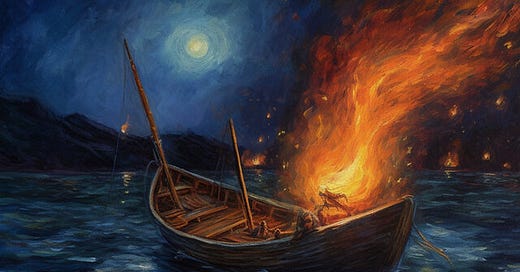I had learned what I could. No, not all that I could. There continued to be more. There is always more. There is always another detail, another perspective, some greater or broader context, a new construal of an old construction. There is no bottom. But I had learned enough so that light had broken through: clerestory windows into the darkness of my father’s past.
When I studied pre-revolutionary Russia and then the Soviet era as a 20-year-old in that Shephard Hall classroom at the City College of New York, I recognized then for the first time that history contained people — and that particular history the person of my father, though he wasn’t included in accounts of it. Now I had gotten closer. I was able to spie towns from afar, see streets winding through them, make out figures of people, like charcoal smudges, scattered across them to suggest a living world.
But I didn’t see their faces, couldn’t hear their voices. And where was my father?
I had learned a very few things. At the end …
Keep reading with a 7-day free trial
Subscribe to Homo Vitruvius by A. Jay Adler to keep reading this post and get 7 days of free access to the full post archives.





